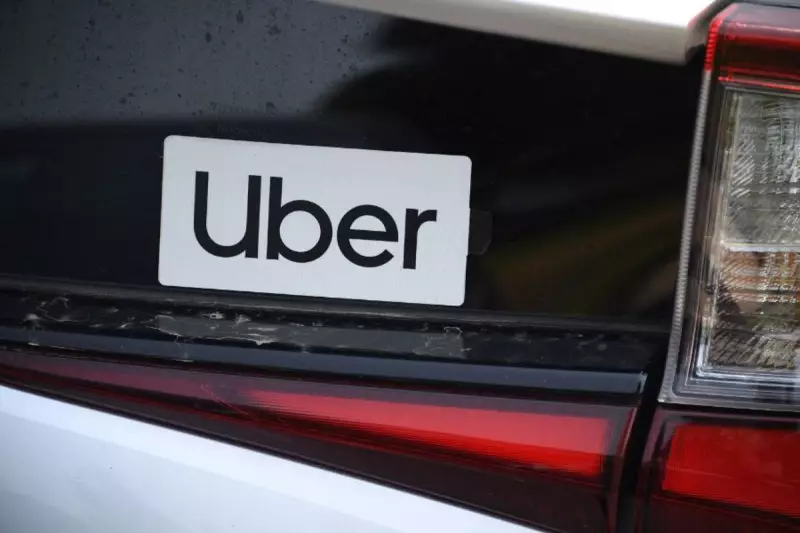
In a significant legal ruling that could reshape liability standards across the ride-hailing industry, Uber has successfully defeated a sexual assault lawsuit in California. The court determined that the San Francisco-based company cannot be held responsible for assaults committed by its drivers, marking a pivotal moment for the tech transport sector.
The lawsuit, brought forward by a woman who alleged she was assaulted by an Uber driver in 2018, sought to hold the company accountable for the incident. However, the California court delivered a decisive verdict in Uber's favour, accepting the company's argument that it functions as a technology platform rather than a traditional transportation provider.
Legal Precedent Set for Gig Economy
This ruling establishes a crucial legal precedent for how technology companies operating in the gig economy may be treated under assault liability laws. The court's decision reinforces Uber's long-standing position that it serves as an intermediary between drivers and passengers, rather than employing drivers directly.
The judgment stated: "While the court acknowledges the severity of the plaintiff's experience, the legal responsibility cannot be extended to Uber under current legislation governing technology platforms."
Safety Measures Under Scrutiny
Despite the legal victory, the case has intensified scrutiny around passenger safety measures within ride-hailing services. Uber has faced increasing pressure to enhance safety protocols across its global operations, implementing features such as emergency assistance buttons, trip sharing with trusted contacts, and driver verification processes.
Critics of the ruling argue that it creates a dangerous gap in accountability, leaving assault victims with limited recourse against the platform that facilitated the encounter. Safety advocates have called for legislative reforms to address what they describe as "regulatory loopholes" in the rapidly evolving gig economy.
Industry-Wide Implications
The California decision is expected to influence similar cases pending against other ride-hailing and delivery platforms. Companies like Lyft and DoorDash, which operate on similar business models, will likely benefit from this legal interpretation.
Legal experts suggest this ruling may prompt renewed efforts by lawmakers to draft specific legislation addressing liability in the digital platform economy, balancing innovation with consumer protection.
As Uber continues to navigate complex legal landscapes across multiple jurisdictions, this California victory represents a substantial win for the company's operational model, even as the broader conversation about platform accountability and passenger safety continues to evolve.





